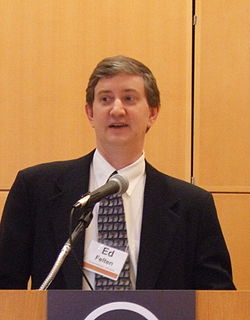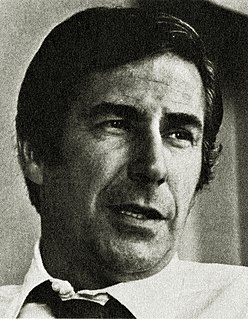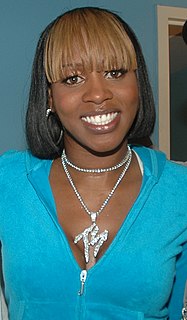A Quote by Bhushan Kumar
T-Series has invested heavily in monitoring technologies and is very aggressive in protecting its copyright.
Quote Topics
Related Quotes
Either we, as a society, decide that copyright is the greater value to society, and take active steps to give up private communications as a concept. Either that, or we decide that the ability to communicate in private, without constant monitoring by authorities, has the greater value - in which case copyright will have to give way.
Under the 1998 Digital Millennium Copyright Act, Tumblr, YouTube, Reddit, WordPress, and Facebook aren't responsible for the copyright infringement of each of their millions of users, so long as they take down specific posts, videos, or images when notified by copyright holders. But copyright holders thought that wasn't good enough.
I think the reality is that copyright law has for a very long time been a tiny little part of American jurisprudence, far removed from traditional First Amendment jurisprudence, and that made sense before the Internet. Now there is an unavoidable link between First Amendment interests and the scope of copyright law. The legal system is recognizing for the first time the extraordinary expanse of copyright regulation and its regulation of ordinary free-speech activities.

































